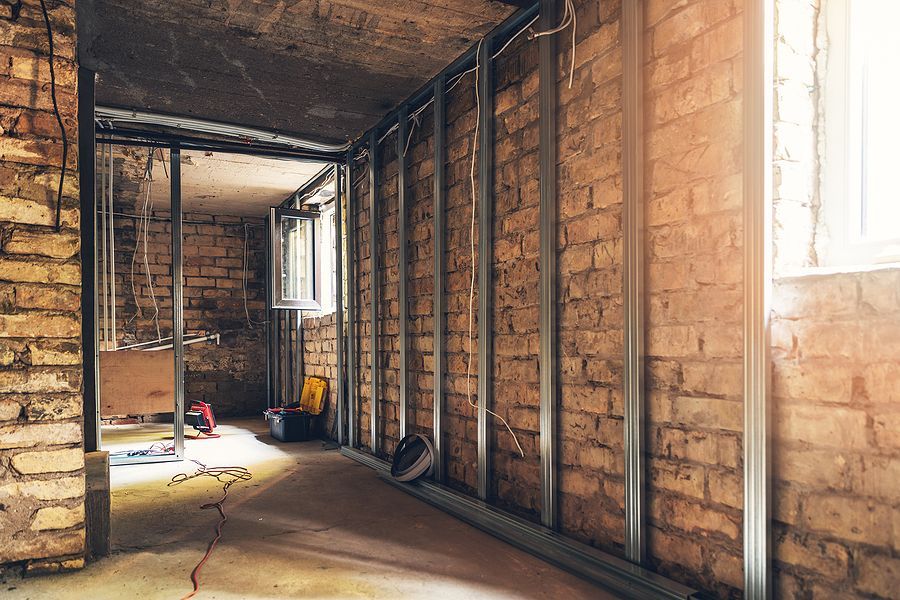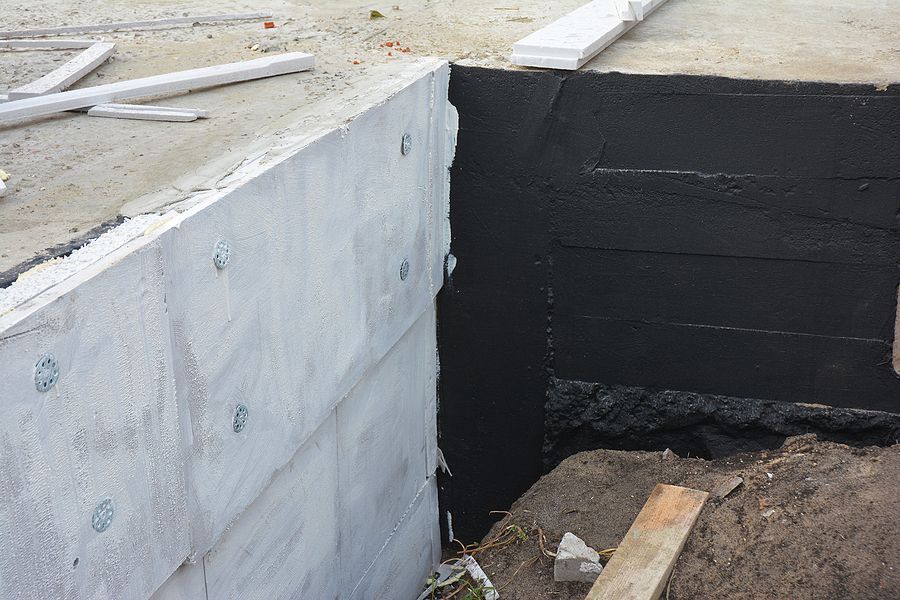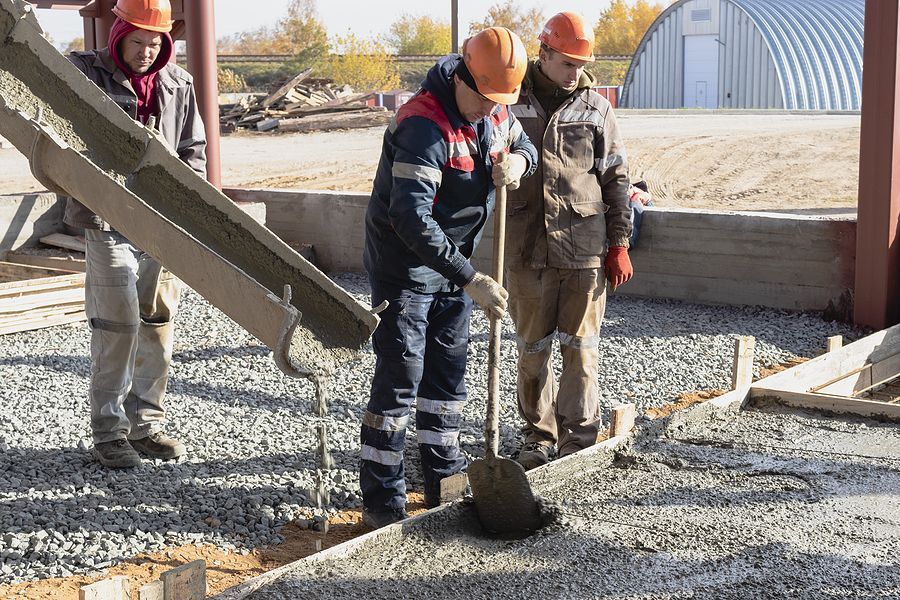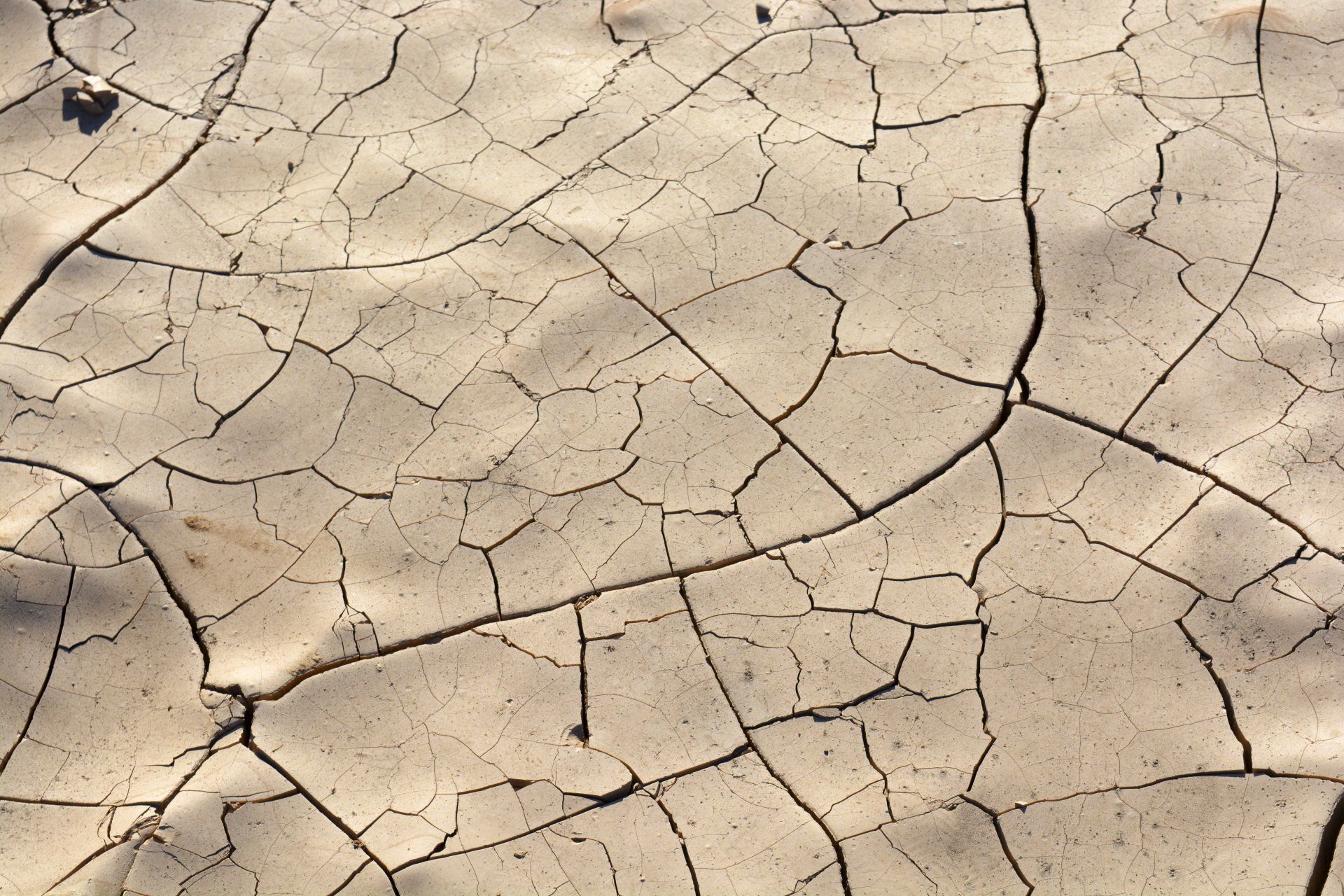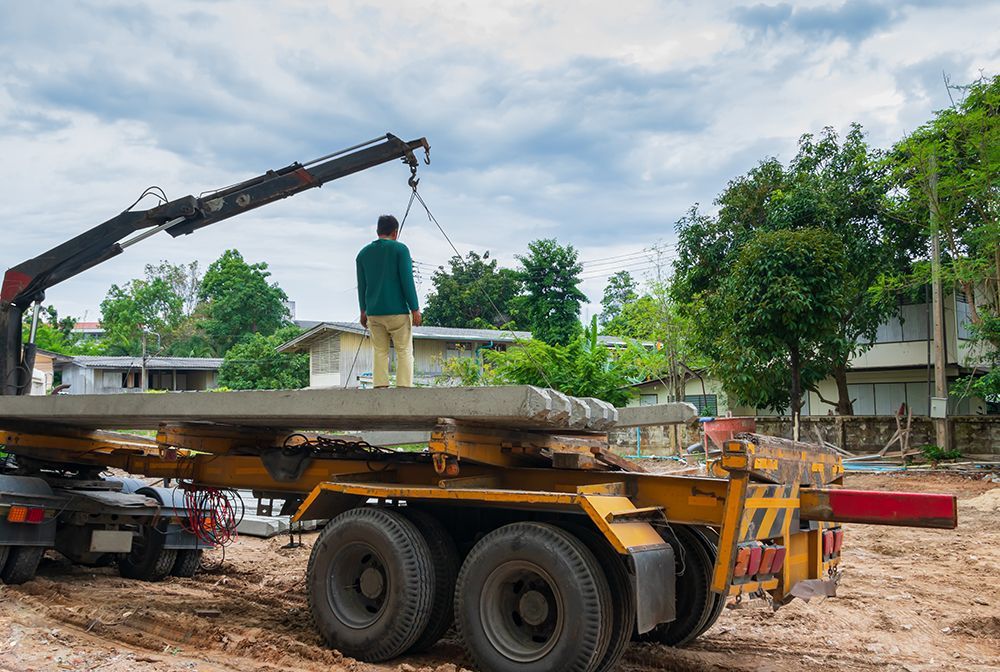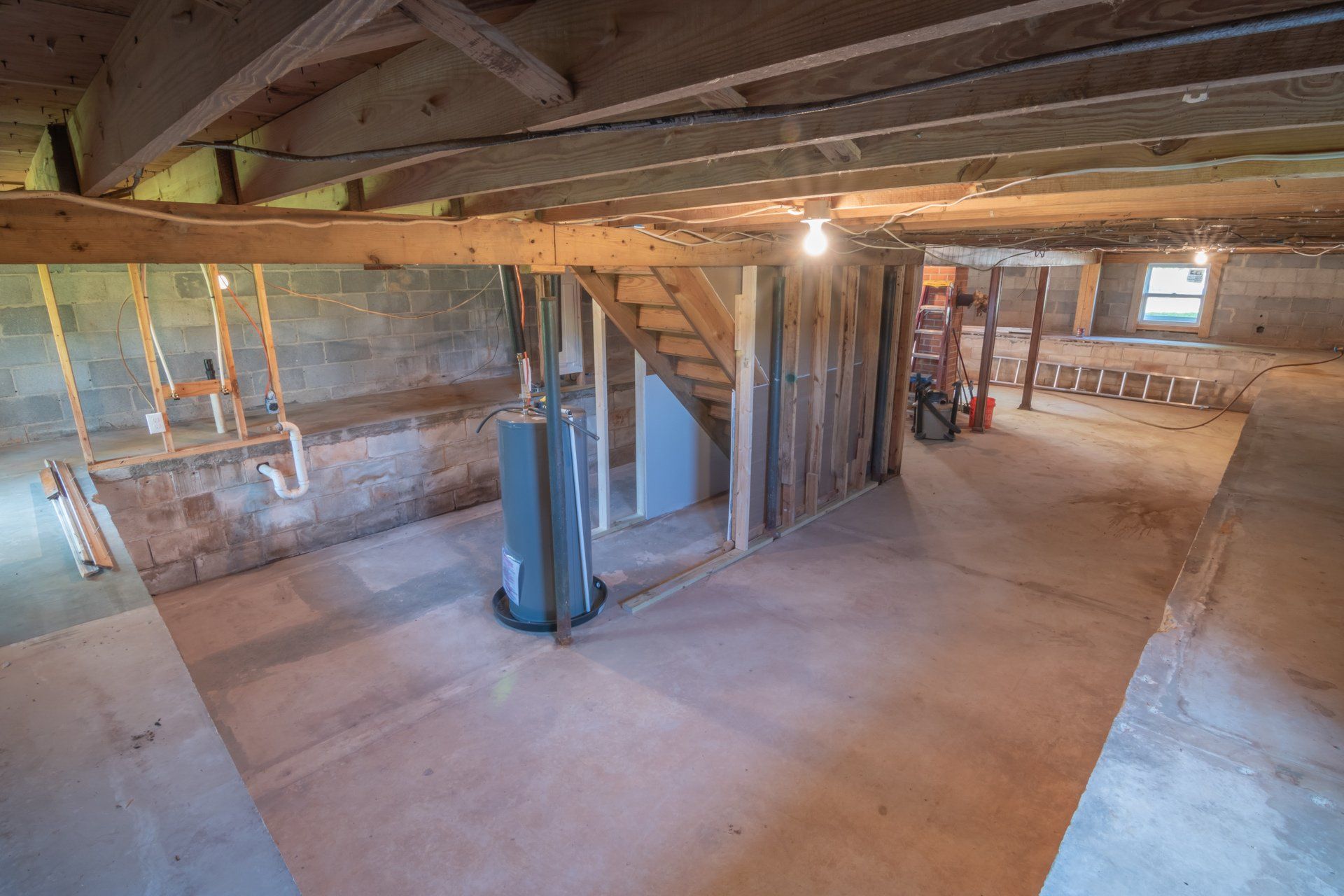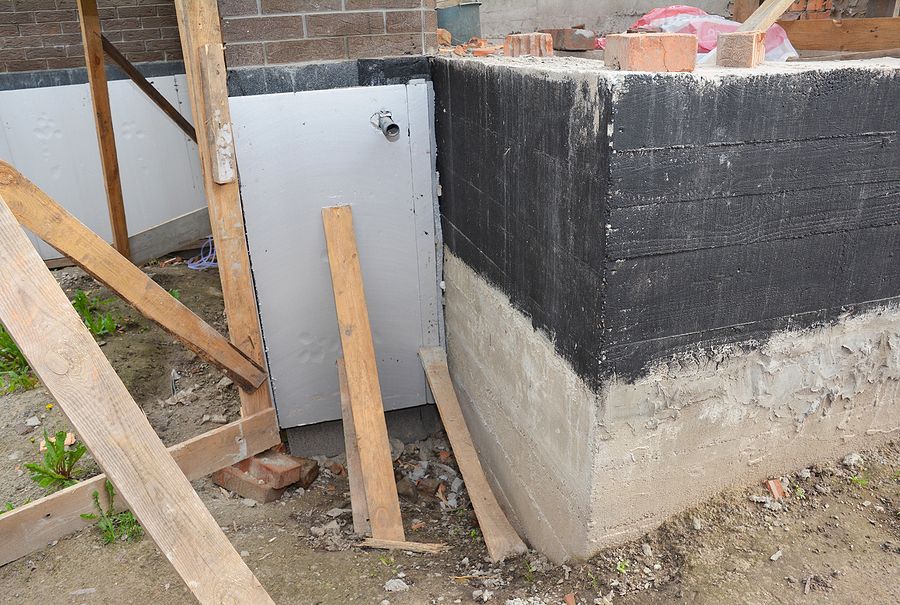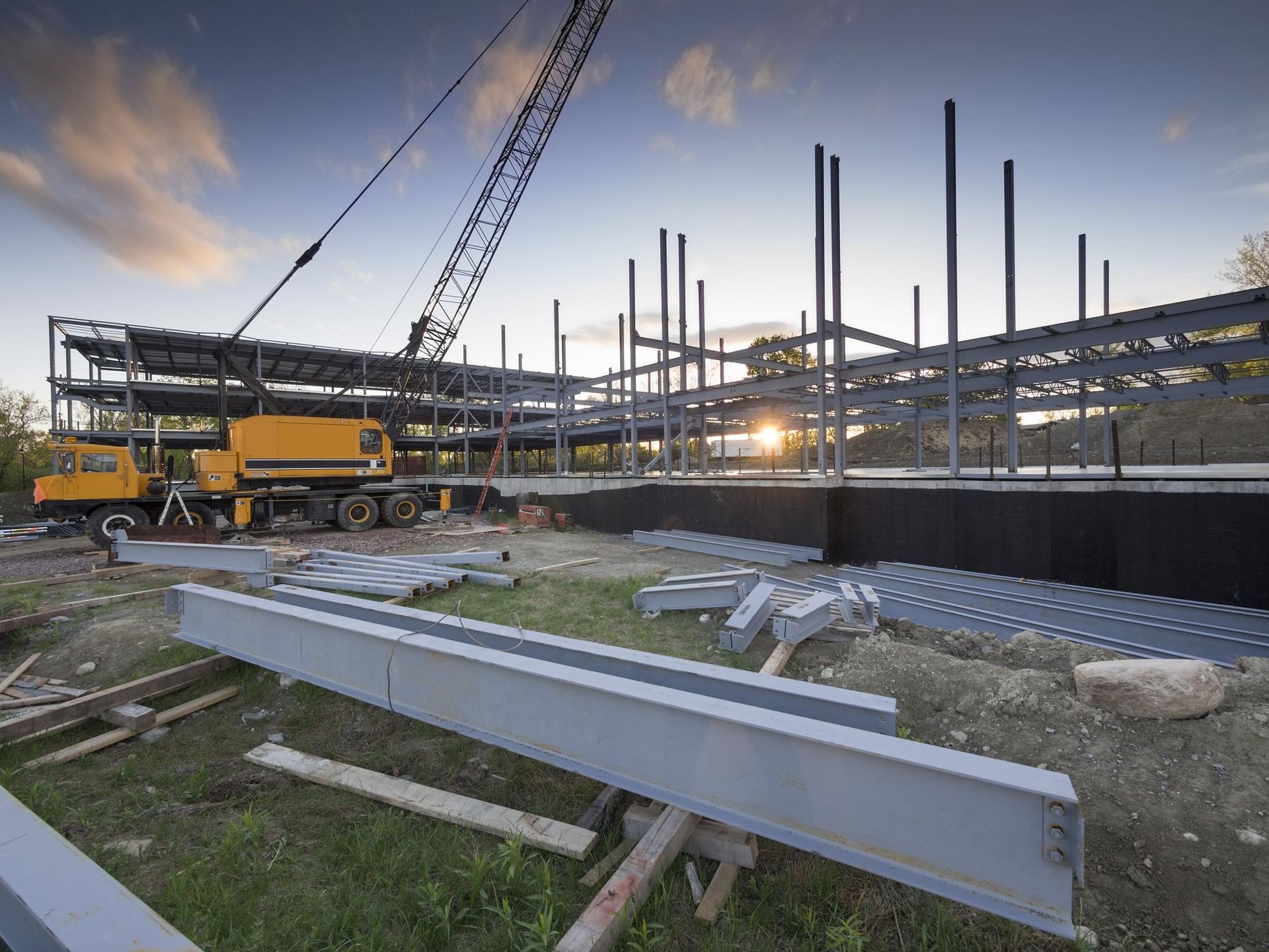Addressing House Foundation: Handling Cracks and Water Problems
Foundation of House: A Comprehensive Guide to Cracks, Water Management, and Repairs for a Solid Home
The foundation of your house is like the backbone of your home's structure. Any problems with it can lead to significant issues if left unaddressed.
We will delve into the critical aspects of your house's foundation, including
cracks in the foundation, water-related concerns, and foundation repair methods. Whether you are a homeowner or prospective buyer, understanding these topics is essential for maintaining the integrity of your property.
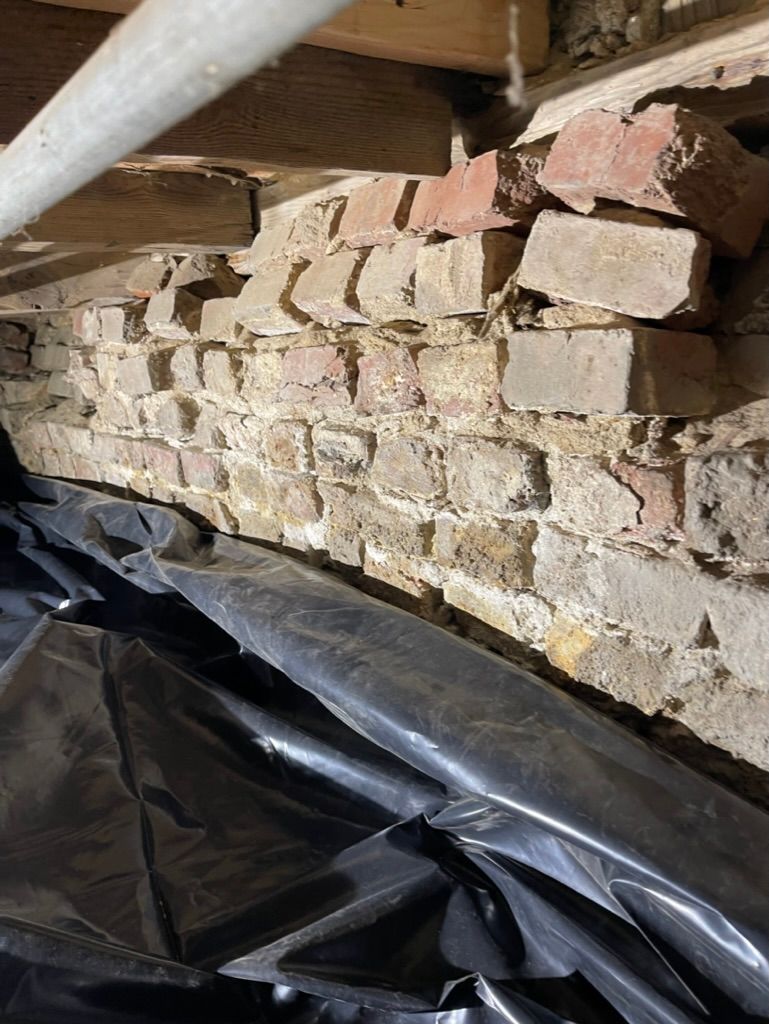
Understanding Foundation of House
Your house's foundation is the concrete or masonry structure upon which the entire building rests. It serves as a barrier between the house and the ground, providing stability and support. Understanding the importance of a solid foundation is the first step in safeguarding your home.
Common Cracks in Foundation of House
Foundation cracks can be unsettling, but not all of them are cause for panic. Recognizing the types of cracks you may encounter can help you determine the severity and necessary action.
a. Vertical Cracks
Description:
Vertical cracks run straight up and down and are often due to settling, usually not a severe issue.
Causes: Normal settling, minor shifts in the foundation.
Repair: Fill with epoxy or polyurethane sealant.
b. Horizontal Cracks
Description: Horizontal cracks can indicate structural problems, typically caused by soil pressure or foundation movement.
Causes: Lateral soil pressure, foundation shifts.
Repair: Consult a professional for a thorough assessment and repair plan.
c. Diagonal Cracks
Description: Diagonal cracks may signify differential settlement, where one side of the foundation sinks more than the other.
Causes: Uneven settling, soil movement.
Repair: Seek professional evaluation and repair.
Water Issues Around Foundation of House
Water-related problems can be equally damaging to your foundation. Managing water around your home is crucial to prevent foundation damage.
a. Water in Foundation of House
Description: Water in the foundation can lead to structural damage and mold growth.
Causes: Poor drainage, hydrostatic pressure.
Solutions: Install a sump pump, improve drainage systems, and waterproof the foundation.
b. Water Around Foundation of House
Description: Accumulated water around the foundation can lead to soil erosion and compromised structural integrity.
Causes: Poor grading, clogged gutters, inadequate drainage.
Solutions: Ensure proper grading, clean and maintain gutters, install downspout extensions, and consider French drains.
Foundation of House Repair
When it comes to foundation repair, addressing issues
promptly is crucial to prevent further damage. Depending on the severity of the problem, you may require professional assistance.
a. DIY Repairs
Minor cracks can often be repaired by homeowners using epoxy or polyurethane sealants.
Monitor the repaired area for any signs of further cracking or water intrusion.
b. Professional Foundation Repair
For significant structural issues, consult a
licensed foundation repair expert.
Professionals may employ methods such as underpinning, piering, or wall bracing to stabilize and repair the foundation.
Drainage Around Foundation of House
Proper drainage is essential for preventing water-related foundation problems. Here are some strategies to ensure adequate drainage:
a. Grading
Ensure the ground slopes away from the foundation, directing water away from your home.
Regularly inspect and maintain the grade to prevent settling.
b. Gutters and Downspouts
Install gutters and downspouts to collect and divert rainwater away from the foundation.
Keep gutters clean to prevent clogs that can lead to overflow.
c. French Drains
French drains can be installed around the foundation to redirect water away from the house.
Consult a professional for proper installation.
Conclusion
The foundation of your house is a critical component that requires careful attention and maintenance.
Cracks and water-related issues can compromise its integrity, but with timely action and proper care, you can protect your investment and ensure the safety and longevity of your home.
Regular inspections and addressing problems promptly are key to maintaining a solid foundation and a secure living space. If you're unsure about any aspect of foundation maintenance or repair, it's always advisable to seek
professional guidance to ensure the safety and stability of your home.

